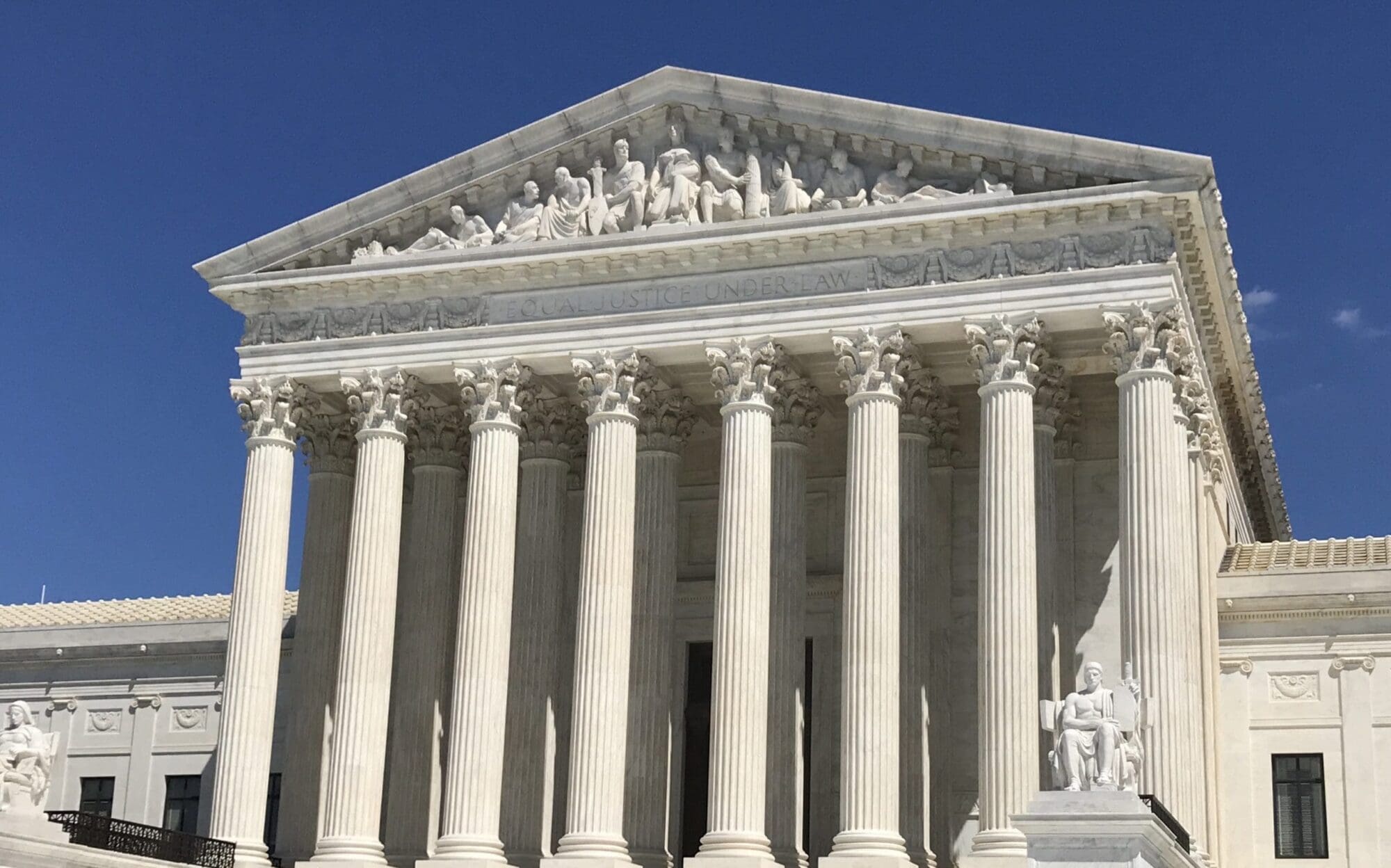After nearly a year of outrage from citizens, Texas House lawmakers approved a measure to protect children from sexually-explicit performances.
Most Democrats, however, refused to vote on the bill.
Senate Bill 12 will ban sexually explicit performances on private or public property in the presence of a minor.
“There’s a growing trend that exposes children to more and more sexual content,” said Matt Shaheen (R-Plano), the House sponsor for SB 12. “It’s happening across Texas and across the nation.”
Shaheen explained that these performances were once reserved for sexually-oriented businesses but have recently been creeping into commercial enterprises and public venues, thereby exposing children to explicit sexual content. And while the version passed by the Senate earlier this year specifically targeted drag shows, Shaheen said the House’s version would hold up better to constitutional challenges.
Citizens across the state became concerned last summer after sexually explicit drag shows began targeting children under the guise of being “family friendly.” In reality, these performances often feature vulgarity, sexual simulation, and scantily clad performers.
Texas Scorecard has reported on the controversy extensively and produced an exclusive documentary examining the increasing prominence of such performances in Texas.
Among the Texas GOP’s legislative priorities for the ongoing session is the effort to “Stop Sexualizing Texas Kids.”
After a noticeably brief debate, the measure was initially approved by a vote of 88-12, with an additional 42 simply registering “present, not voting.”
“We have spent months highlighting the disturbing increase in sexually explicit performances being targeted at children in Texas. We have pushed hard for this legislation to get through the Legislature and are proud to see this bill passed,” Austin Greisinger, Policy Director for Texas Family Project told Texas Scorecard. “Today is a good day for children and families in Texas.”
The bill must be approved once more before being sent back to the Senate for final approval.





